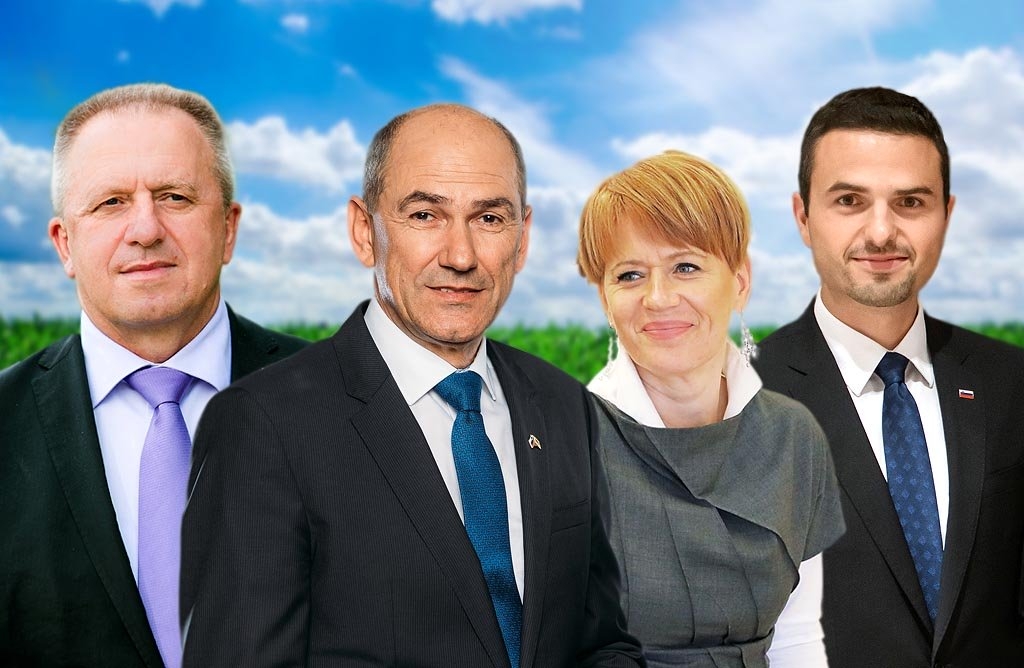The public opinion poll, conducted by the Parsifal agency for Nova24TV, records the highest level of support among those who already know who they would vote for, for the SDS party, followed by LMŠ and SD. Since the last public opinion poll, among the coalition parties, support has grown for the Slovenian Democratic Party (Slovenska demokratska stranka – SDS) (from 30.6 to 34.1 percent), the Democratic Party of Pensioners (Demokratska stranka upokojencev Slovenije – DeSUS) (from 6.4 to 6.5 percent), and even the support for the Modern Centre Party (Stranka modernega centra – SMC) has started rising again (from 0.2 to 05. Percent). Support for the SD, SNS, NSi and SAB parties has declined.
For the third time this month, the Parsifal agency conducted a public opinion poll on support for the political parties. Although the respondents are not in favour of early elections, the results of the elections to the National Assembly, if they were to happen this Sunday, would be as follows: the largest share of the voters would support the SDS party (22.7 percent), followed by LMŠ (15.7 percent), SD (7.0 percent), Levica (6.3 percent) and DeSUS (4.3 percent). These parties are followed by SNS, NSi, SLS+NLS, SAB, Pirati, SMC and DD.
33.5 percent of the voters remain undecided. Ten percent of them would not vote in the parliamentary elections just over 14 percent of the respondents do not know who to vote for, while almost 9 percent of the voters would not vote for anyone.
The rise of support for certain Government parties is evident despite the attacks
An interesting phenomenon can be observed among the already-decided voters, as they are not following the media stories that are seeking to deliberately tarnish the reputation of the Government and its coalition parties. It seems that more and more people are making decisions based on alternative information, from which they can identify the success of the Government’s measures. The growth of support for the SDS party is evident, with 34,1 percent supporting them. It is also evident in support for the opposition LMŠ, with 23.6 percent, and for the second time in a row, support for the SD party is declining; this time, it is at 10.5 percent. Levica follows with 9.5 percent, followed by DeSUS with 6.5 percent, SNS with 4.4 percent, N.Si with 4.2 percent, SLS and NLS with 3.1 percent, and SAB with 2.6 percent of support from the voters.
Pirati have a 0.8 percent of support among the respondents, and support for the SMC party, after more than a month of bad press from the mainstream media, has finally started to climb again and landed at 0.5 percent. Dobra država is currently supported by 0.3 percent of the respondents.
If we compare the data with that from the beginning of May, we can see that a noticeable increase in support was recorded for both the SDS and the LMŠ party. DeSUS, SLS + NLS, and SMC, have also recorded higher support. A decline in support for the SD, NSi, and SNS parties can also be noted.
Ivan Šokić

